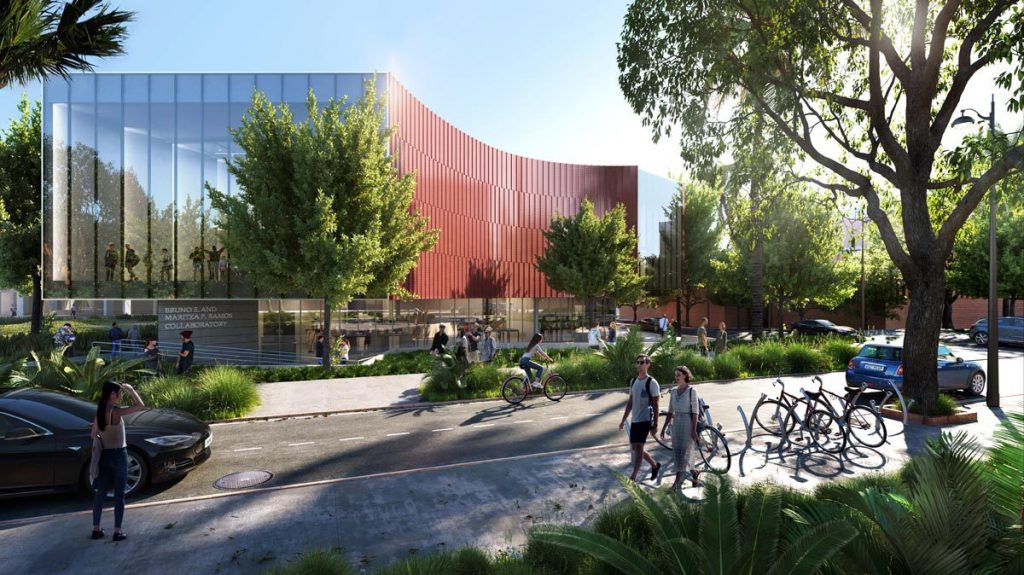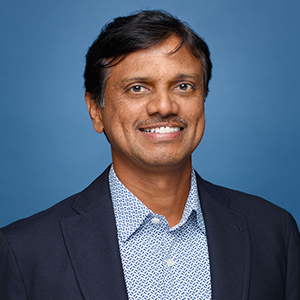About
The College of Design, Construction, and Planning (DCP) at the University of Florida has a long history of advancing research, education, and practice in the built environment. Since its founding in 1925, DCP has developed an innovative research enterprise that serves Florida, the nation, and beyond.
Research at UF DCP focuses on shaping the built and natural environments through creativity, technical innovation, interdisciplinary collaboration, community engagement, and longstanding professional partnerships. Eight research themes for our college’s research roadmap include:
| Smart Cities | Advanced Robotics |
| Resilient Communities | Workforce Development |
| Affordable Housing | Health & the Built Environment |
| Circular Economy for Sustainable Built Infrastructure | Advanced Design, Engineering, Construction & Preservation |
The college also houses many nationally-recognized research centers and institutes that collaborate across UF and with external partners across the state, nation, and globe.

Message from the Associate Dean for Research
Dear Colleagues, Students, and Research Partners,
Welcome to the research community of the College of Design, Construction, and Planning (DCP) at the University of Florida! In Florida and beyond, our cities and communities face rapid change driven by new technology, population growth, and other changes to our natural and built environments. As a leader promoting innovation in the built environment, DCP is at the forefront of developing new tools and technologies that will shape the way we live, work, and adapt to these changes.
Over the past decade, DCP has experienced significant growth in its research endeavors, which has been marked by increased funding, expanded interdisciplinary collaborations, and a rise in scholarly output. Many of our accomplished faculty have been recognized by state, national, and international organizations for their work to address the pressing challenges of our time. Our “OneDCP” approach recognizes that no single field alone can address the opportunities and challenges before us. Thus, collaboration is at the heart of our research mission. We work alongside government agencies, industry leaders, and communities to translate research into real-world impact.
DCP is committed to expanding our research enterprise, fostering new partnerships, and empowering the next generation of scholars and practitioners. Whether you are a student, faculty member, or external partner, I encourage you to explore our work, engage with our centers and institutes, and be part of the innovation that is shaping the future of the built environment.
We look forward to working together—in Florida and around the globe—to build knowledge and shape places that are more sustainable and resilient.

Sincerely,
Dr. Ravi Srinivasan
Associate Dean for Research and Strategic Initiatives, Professor
College of Design, Construction, and Planning
University of Florida
DCP Research Committee AY2024-26
Chair R. Srinivasan (DCP) , R. Issa (CM), R. Steiner (URP), J. Carney (ARCH), Y. Luo (LAND), S. Valipoor (IND)
DCP Research Website
A. Galinski, S. Winner, K. van Antwerp, B. Ferraro

History
Design: Architecture, Landscape Architecture, and Construction (1925- present)
Design excellence is at the core of DCP’s longstanding pursuit of research and education. Since 1925, the School of Architecture has been a leader in architectural research and practice, fostering a strong foundation in physical/digital fabrication and sustainable urbanism. The Department of Landscape Architecture (est. 1933) has advanced design-based research ranging from establishment of site-scale performance measures to large-scale environmental plans. The M.E. Rinker, Sr. School of Construction Management (est. 1935)—the oldest continuing construction program in the country—has pioneered research in building technology, materials innovation, and sustainable construction methods. Today, DCP’s design-based research enterprise engages cutting-edge tools like digital twins and AI-driven design.
Urban Planning, Conservation, and Historic Preservation (1970s- present)
DCP has been at the forefront of urban planning, land use conservation, and historic preservation, shaping policies and practices that balance growth with environmental and cultural stewardship. The Department of Urban and Regional Planning (est. 1975) has played a key role in advancing smart growth, land-use planning, and sustainable development. The GeoPlan Center (est. 1984) has pioneered GIS-based planning tools and received multiple national awards related to transportation and environmental planning. The Shimberg Center for Housing Studies (est. 1988) has played a pivotal role in analyzing housing needs across Florida, influencing state policies and funding decisions through its Florida Housing Data Clearinghouse (2000). The Preservation Institute Nantucket (est. 1972) remains the nation’s oldest field school dedicated to hands-on historic preservation training. Additionally, the Center for Landscape Conservation Planning (est. 2010) integrates ecological research with open-space conservation strategies and promotion of green infrastructure. The new Master of Urban Analytics (2024) applies data-driven methods to improve urban planning and decision-making. From protecting Florida’s natural landscapes to preserving its built heritage, DCP continues to lead interdisciplinary efforts that ensure communities are culturally rich and environmentally sustainable.
Sustainability in Planning, Design, and Construction (1990s- present)
As environmental sustainability became a global priority, DCP launched major initiatives, including the Powell Center for Construction and the Environment (est. 1991), which focuses on sustainable construction, environmental stewardship, and resilient building practices. The Center for Advanced Construction Information Modeling (CACIM) has pioneered research on high-performance building design using Building Information Modeling (BIM), digital twins, and AI since 2010. The Sustainability and the Built Environment (SBE) undergraduate program (est. 2010) and, more recently, the Master of Integrated Sustainable Development (2024) were established to promote interdisciplinary approaches to sustainable design. Further, Rinker Hall (built in 2003) was one of the first LEED Gold-certified buildings in the U.S., demonstrating DCP’s longstanding leadership in green building practices.
Resilience and Disaster Recovery (2010s- present)
Given Florida’s exposure to hurricanes, sea level rise, and extreme weather, DCP has developed interdisciplinary strategies for mitigating risks and enhancing community resilience. The Florida Institute for Built Environment Resilience (FIBER) was established in 2018 to integrate research, practice, and community engagement in resilience planning. Through its Florida Resilient Cities (FRC) program (2019), FIBER has partnered with local governments to develop long-term adaptation strategies for cities across the state, emphasizing nature-based solutions and flood-resilient infrastructure.
In addition to FIBER, there are many other faculty and centers engaged in resilience-related research including the Center for Hydro-Generated Urbanism (CHU), International Center for Adaptation Planning and Design (ICAPD), Center for Landscape Conservation Planning (CLCP), Powell Center for Construction and the Environment, Shimberg Center for Housing Studies, as well as the Center for World Heritage Research and Stewardship.
As the we face evolving environmental and societal challenges, DCP remains at the forefront of innovation and aims to help people in Florida and around the globe meet emerging challenges in our built and natural environments.